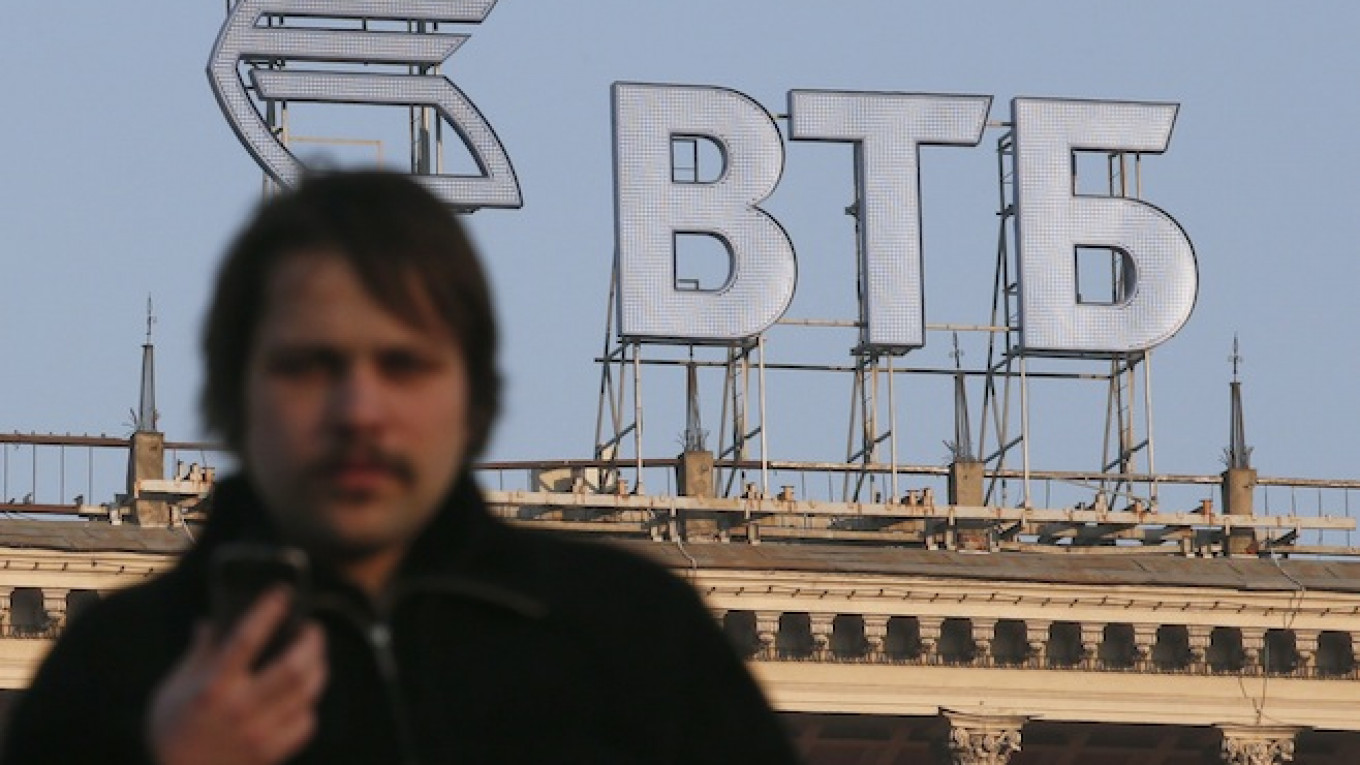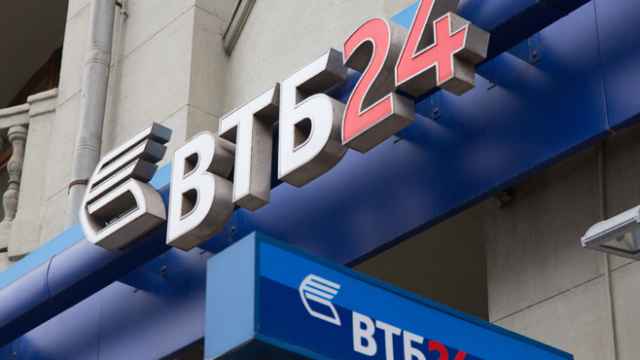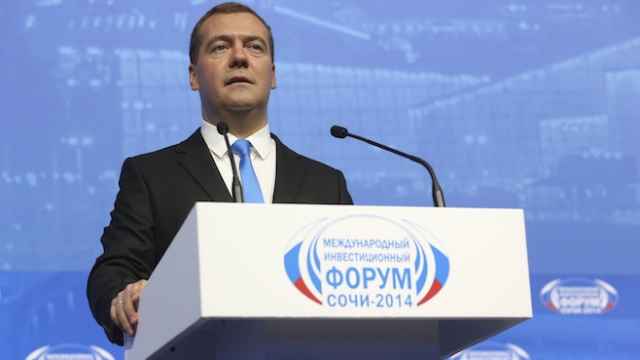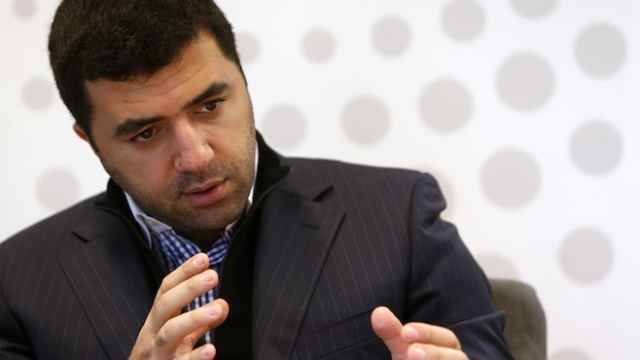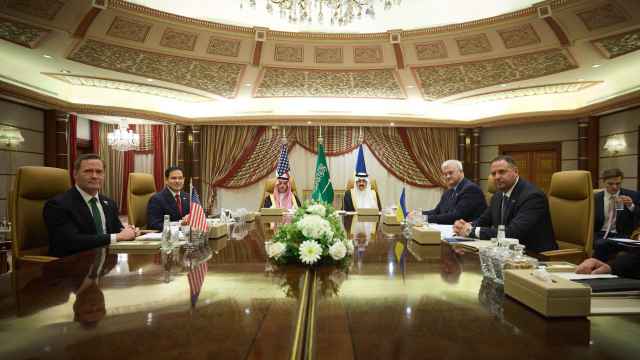Sanctioned Russian companies hoping to tap Asian bond markets for financing are struggling to find lawyers, underwriters or even bourses to help with potential deals, banking sources said Friday.
Some of Russia's largest firms and banks, including No. 2 bank VTB and leading oil producer Rosneft, have championed Russia's turn to the East after U.S. and EU sanctions over Ukraine froze them out of Western financial markets and stopped most foreign cooperation.
Used to using European or U.S. companies to do the backroom work of finalizing financial deals, Russian firms are finding it difficult to find lawyers or underwriters who will, or even can, work for them because of the sanctions.
"Of course, we could find firms with no registration in the countries which approved sanctions but it will take a lot of time and energy," said a source at a large sanctioned firm, who declined to be named because of the sensitivity of the issue.
Firms registered in the countries which imposed sanctions, and their citizens, are not allowed to help targeted Russian companies with financing, irrespective of the funding source.
A banking source said it was all but impossible to find firms to prepare the necessary papers that are not registered in the European Union, Britain or the United States.
Apart from paperwork problems, any issues from sanctioned firms or banks cannot go through the two largest international securities depositories, Euroclear and Clearstream.
"Who will want to buy papers with such limits?" a banking source said.
"Clearstream will not accept securities whose terms will violate EU or U.S. sanctions; such securities are not admitted to trading, clearing, or settlement within Deutsche BЪrse Group," Clearstream said in an e-mail.
A source familiar with the matter said Euroclear does not offer Eurobond settlement services for sanctioned Russian entities issuing Eurobonds in Asian currencies.
Oleg Khokhlov, a partner with law firm Goltsblat BLP, said sanctioned companies would need four to five months to adapt, though any new deals in Asia were unlikely to be big. "The market is going through recalibration," he said.
One banker said some sanctioned firms were looking at Chinese domestic bonds known as "panda bonds," after German luxury carmaker Daimler AG sold a 500 million yuan bond to Chinese investors in March — the first foreign, nonfinancial corporate bond issue in China's domestic market.
A Message from The Moscow Times:
Dear readers,
We are facing unprecedented challenges. Russia's Prosecutor General's Office has designated The Moscow Times as an "undesirable" organization, criminalizing our work and putting our staff at risk of prosecution. This follows our earlier unjust labeling as a "foreign agent."
These actions are direct attempts to silence independent journalism in Russia. The authorities claim our work "discredits the decisions of the Russian leadership." We see things differently: we strive to provide accurate, unbiased reporting on Russia.
We, the journalists of The Moscow Times, refuse to be silenced. But to continue our work, we need your help.
Your support, no matter how small, makes a world of difference. If you can, please support us monthly starting from just $2. It's quick to set up, and every contribution makes a significant impact.
By supporting The Moscow Times, you're defending open, independent journalism in the face of repression. Thank you for standing with us.
Remind me later.


